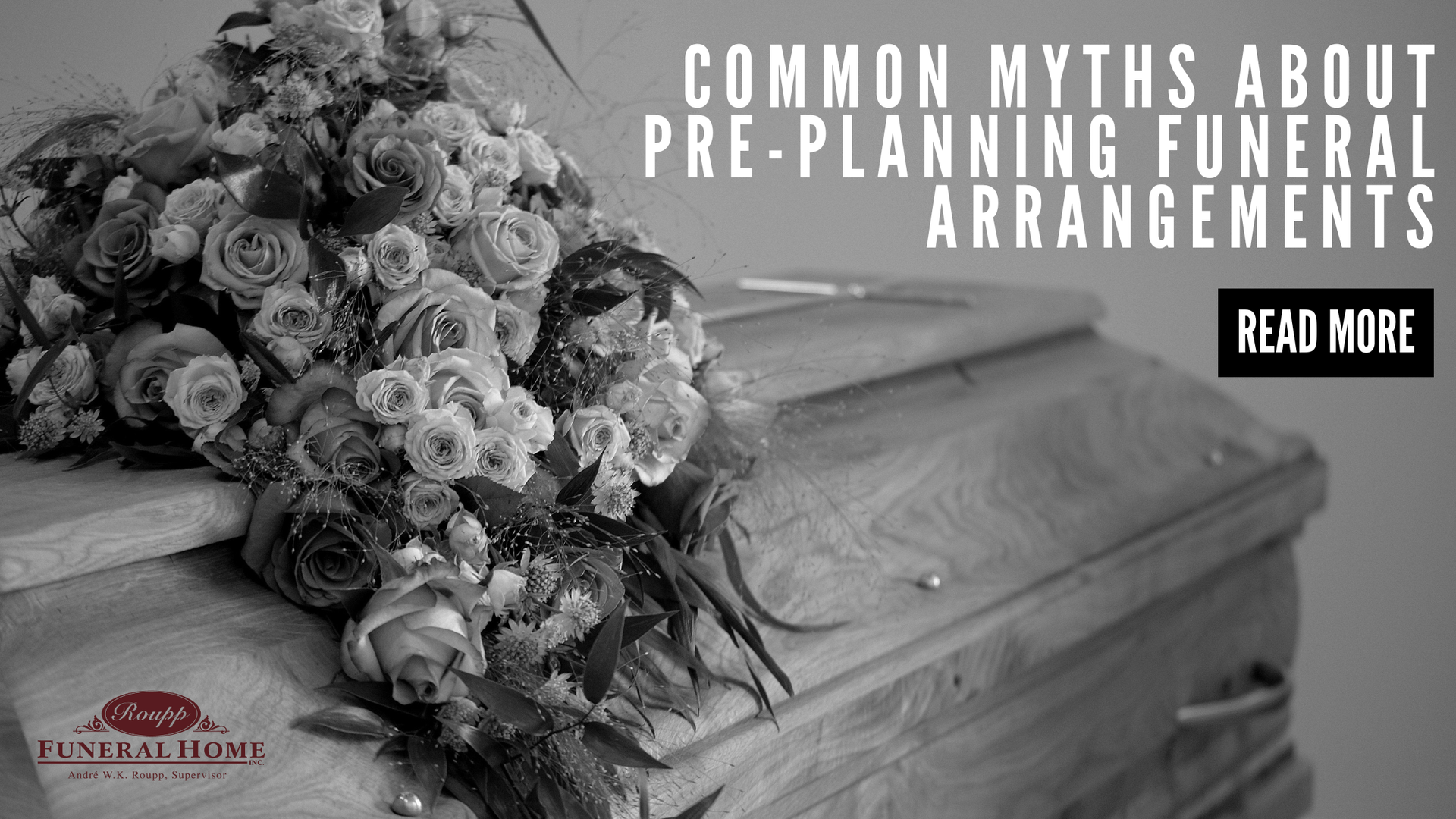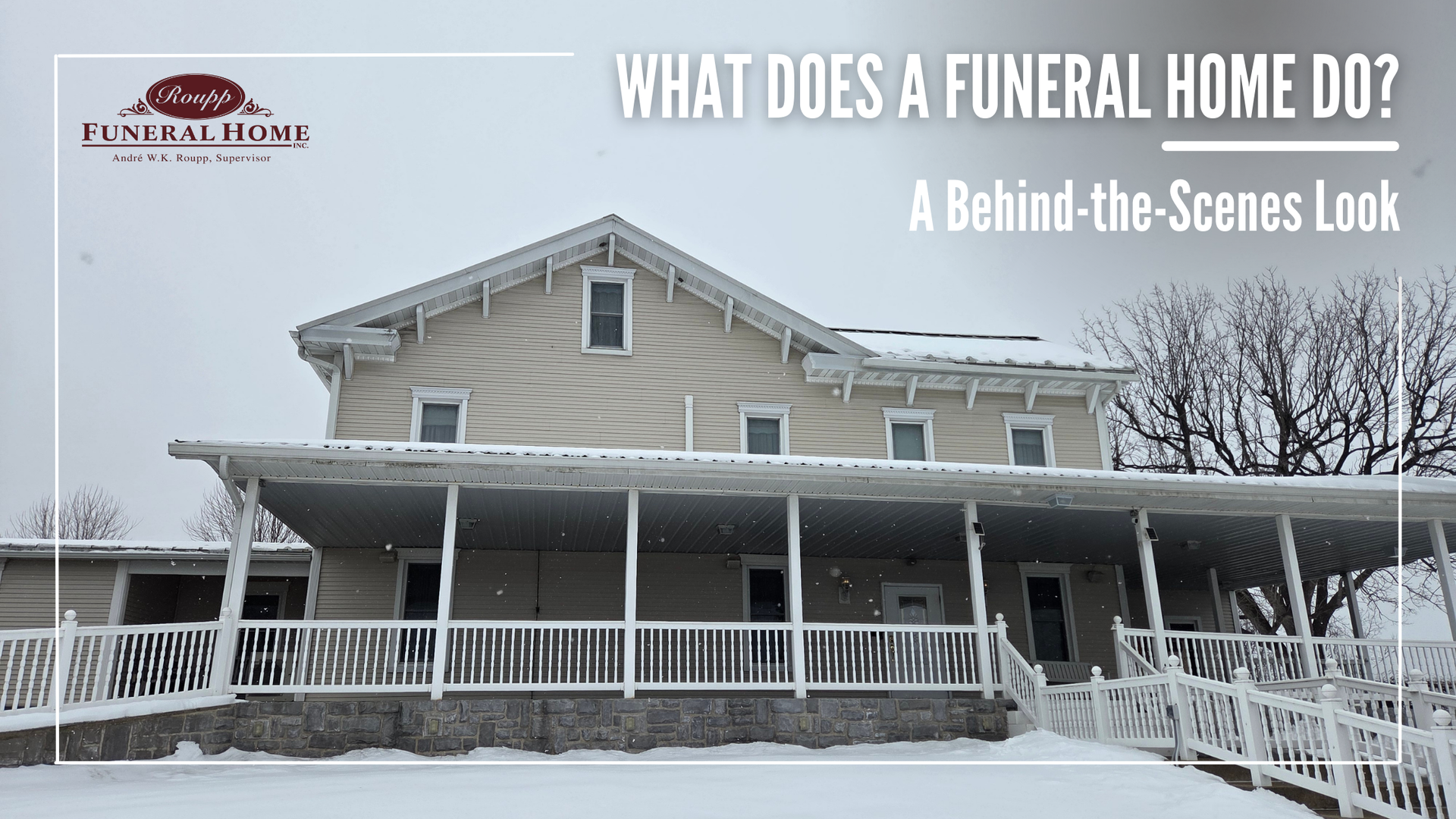By Andre Roupp
•
November 10, 2025
If you thought cremation was some modern invention born of stainless steel and LED screens, prepare to be pleasantly surprised. Cremation has a surprisingly long, winding, and, dare we say, fascinating history. Let’s light the torch (figuratively) and walk through time together. 1. Cremation in the Stone Age and Bronze Age Believe it or not, cremation likely began in the early Stone Age, around 3000 B.C., somewhere in Europe or the Near East. Back then, humans began experimenting with fire and burial practices, and some communities started using fire in disposal of their dead. Over time, especially in the late Stone Age, the practice spread across northern Europe. Archaeologists have found decorative urns and cremation burial sites in western Russia, indicating that ashes and burial urns became part of ritual life. When the Bronze Age (approximately 2500–1000 B.C.) kicked in, cremation expanded into the British Isles, Iberia (modern Spain & Portugal), and central Europe. Cemeteries specifically for cremated remains appeared in places like Hungary and northern Italy. By the time of Homer (circa 800 B.C.), cremation was prominent in the Greek world, often used for fallen warriors, partly because cremating a body was faster and considered more sanitary in war-torn contexts. 2. Romans, Religion & the Rejection of Flame The early Romans adopted cremation (some time around 600 B.C.), and it became deeply woven into Roman funeral culture. By the height of the Roman Empire, cremation was so commonplace that columbaria (structures with niches for urns) were a familiar sight. That said, the popularity of cremation wasn’t universal. Early Christians generally rejected it, viewing it as pagan, and Jewish tradition favored in-ground burial. As Christianity spread (especially after Constantine), earth burial gradually overtook cremation in Europe. By around 400 A.D., burial was essentially the norm, and cremation was rarely practiced except in extraordinary conditions (e.g. plagues, wartime). For roughly 1,500 years, cremation more or less slumbered in Europe’s funeral practices. 3. Reintroducing Cremation in the 19th Century The modern cremation movement, the kind that looks at urns, designated cremation facilities, and simplified dispositions, actually began only in the 19th century. In 1873, Professor Ludovico Brunetti in Italy presented a dependable mechanical cremation chamber at the Vienna Exposition. That demonstration is often considered one of the sparks (pun intended) for the international cremation revival. In England, Sir Henry Thompson (Queen Victoria’s surgeon) championed cremation partly because of sanitary concerns about overcrowded cemeteries. He helped found the Cremation Society of England in 1874. The first crematories in Europe started appearing around 1878 (Woking, England; Gotha, Germany). 4. The First U.S. Crematory Here’s a fun fact for those of us who live in PA: the first crematory in the United States was built in Washington, Pennsylvania by Dr. Julius LeMoyne in 1876. That little building (still standing as a historical landmark) helped usher in a new era of funeral options in America. Shortly afterward, the second crematory popped up in Lancaster, PA (in 1884). Protestants and medical professionals were often early supporters of cremation, citing improved public health (fewer buried bodies, fewer crowded cemeteries). By 1900, there were about 20 crematories in the U.S., and by 1913 there were 52 in North America. By the late 20th and early 21st century, cremation was no longer a fringe option. In 1975, the Cremation Association of America became the Cremation Association of North America (CANA), reflecting its broader coverage. At that time, there were 425+ crematories and nearly 150,000 cremations annually. Fast forward: by 2019, over 3,000 crematories were operating in the U.S., and more than 54 % of all U.S. deaths were resolved via cremation. 5. Cultural, Religious, and Practical Motives Through History Cremation didn’t just spread because of convenience. Over time, people adopted it for many reasons: Health & Sanitation: In eras when burial grounds became overcrowded or water tables were threatened, proponents argued that cremation reduced disease risks. Space & Land Use: As land became more valuable (especially near cities), cremation offered a way to reduce the land footprint of funerals. Religious Shifts: While early Christians resisted cremation, many modern Christian, Buddhist, Hindu, and secular traditions accept or even favor it. Cost: In many cases, cremation (especially without a fancy casket) can cost less than full traditional burial, a practical reason for many families. Personal Values: Some choose cremation for environmental reasons, or simply because they prefer simplicity or flexibility in memorial options. 6. The Cremation Process: How We Do It Today (Without Getting Too Technical) Modern cremation is quite different from the pyre-in-the-forest image from ancient times. Here’s a simplified (and gentle) rundown: Preparation: The body is received, medical devices or pacemakers removed, and identification is confirmed. Cremation Chamber: A special furnace reaches extremely high temperatures (often 1400–1800 °F or more). Combustion & Reduction: The remains are reduced to bone fragments over a period of time (roughly 1–2 hours, depending on size and technology). Cooling & Processing: After, the remnants are cooled and then processed (pulverized) into a fine ash-like consistency. Return of Remains: The processed ashes are placed in an urn or container of choice and returned to the family. Memorial Options: From scattering to interment in a columbarium, burial in a plot, or keeping at home, families have many choices. At Roupp Funeral Home, we love honoring tradition and also embracing change. Whether a family prefers a classical burial, a peaceful cremation, or something uniquely personal, we’re here to guide and support.


















